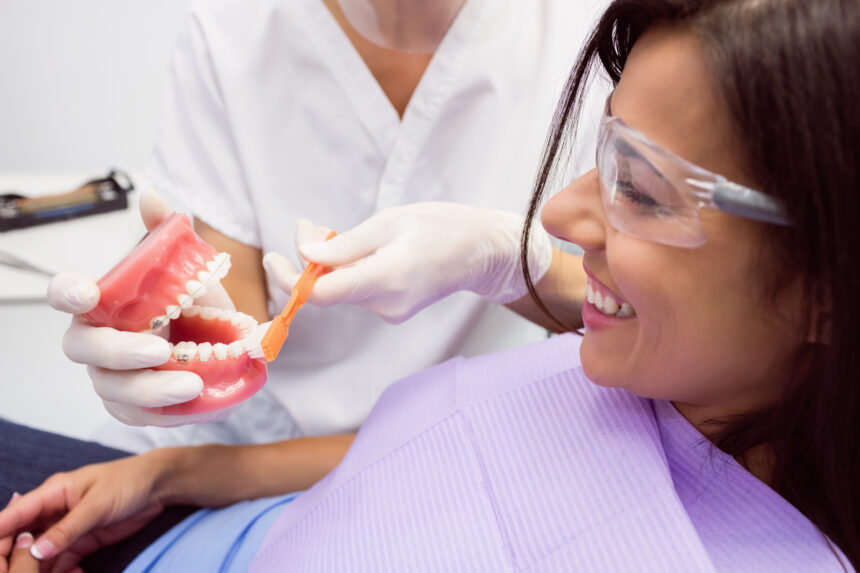Maintaining good oral health is crucial for overall well-being and quality of life. South African women, like women everywhere, face unique challenges when it comes to oral health. Hormonal changes during various life stages, cultural practices, and access to dental care can all impact oral health. In this article, we will provide South African women with tips and advice for maintaining optimal oral health.
- Practice Consistent Oral Hygiene: Consistent oral hygiene habits are the foundation of good oral health. Brushing your teeth at least twice a day with fluoride toothpaste and using a soft-bristled toothbrush helps remove plaque and prevent cavities. Don’t forget to replace your toothbrush every three to four months or sooner if the bristles become frayed. Additionally, flossing daily helps remove plaque and food particles from between the teeth, preventing gum disease and tooth decay. Incorporating mouthwash into your routine can provide additional protection against bacteria and bad breath.
- Pay Attention to Nutrition: A healthy diet plays a significant role in oral health. South African women should aim for a balanced diet rich in vitamins, minerals, and antioxidants. Limiting the consumption of sugary and acidic foods and beverages, such as carbonated drinks and sweets, helps prevent tooth decay. Instead, opt for nutritious choices like fresh fruits, vegetables, lean proteins, and dairy products, which provide essential nutrients for strong teeth and gums.
- Be Mindful of Cultural Practices: Cultural practices may influence oral health among South African women. Some traditional practices, such as chewing betel nut, tobacco use, or frequent consumption of sugary snacks during cultural events, can increase the risk of oral health problems. It is important to be aware of these practices and their potential impact on your oral health. If possible, seek alternatives or modify these practices to minimize their negative effects. Consulting with a dental professional can provide specific guidance based on your cultural practices.
- Manage Hormonal Changes: Hormonal changes experienced by women during different life stages, such as puberty, pregnancy, and menopause, can affect oral health. Hormonal fluctuations can contribute to gum inflammation, sensitivity, and increased risk of gum disease. It is essential to pay extra attention to oral hygiene during these times. Regular dental check-ups and cleanings can help identify and address any oral health concerns.
- Attend Regular Dental Check-ups: Regular dental check-ups are crucial for maintaining optimal oral health. Dental professionals can identify early signs of gum disease, cavities, oral cancer, and other oral health issues. In South Africa, it is recommended to visit a dentist at least once or twice a year, depending on your oral health needs. If you have dental insurance, check the coverage and take advantage of the benefits to ensure regular preventive care.
- Address Dental Anxiety: Dental anxiety is common among many individuals, including South African women. It is important to address any fears or concerns about dental visits to ensure regular attendance. Communicate your anxieties with your dentist, as they can provide techniques to help you relax during treatments. Some dental practices in South Africa offer sedation options for patients with severe dental anxiety.
- Take Advantage of Community Programs: South Africa has community programs and initiatives aimed at improving oral health, especially for women and children. These programs offer dental screenings, preventive services, and education on oral health. Take advantage of these opportunities to access affordable or free dental care and gain valuable knowledge about maintaining oral health.
Remember, maintaining good oral health is a lifelong commitment. By practicing consistent oral hygiene, paying attention to nutrition, managing hormonal changes, attending regular dental check-ups, and addressing dental anxiety, South African women can achieve and maintain optimal oral health. A healthy smile contributes not only to physical well-being but also to confidence and overall quality of life.










